Reef-Safe Sunscreen: The Craze for the Rays
It is a known fact around the world that sunscreen is used to protect your skin from harsh UV rays that can cause skin cancer. There is an immense variety of sunscreens that you can choose from varying on activity level, SPFs, etc. However, how many sunscreens are out there that are environmentally friendly? What researchers have found is that the chemicals in sunscreen are having a direct effect on the health of coral reefs through a process that happens when specific ingredients are released into the water. The two main components of sunscreen are zinc oxide and titanium dioxide, both of which never biodegrade. Mineral oil and petroleum, are also found in some sunscreen, which slowly dilutes into solutions. However, there are solutions to this. For example, a mineral-based sunscreen.

An inactivate virus living within the environment of corals and their symbiotic algae becomes activated in the presence of chemicals found in sunscreens. This virus causes a rather bad outcome, as do most viruses, resulting in either the release or the destruction of the algae living within the coral, therefore destroying the coral’s only source of nutrients and food.
Without the mutual symbiosis with the algae, the corals turn white, also known as coral bleaching, as a result of the nutrient-rich corals starving. Although, it isn’t the zinc oxide and titanium oxide that is causing this to happen, it is the chemicals added into a mixture that disrupt the corals. The ingredients that do cause this to happen include: oxynenzone, butylparaben, octinoxate, 4-methylbenzylidine camphor, and cinnamate. With that said, not only are the reefs themselves being effected, but so is the surrounding water with other ingredients that are being diluted into oceanic waters.
So how can we, as ocean loving and adventurous people be able to continue to explore the vast diversity of the ocean without simultaneously killing it off? Well, researchers have found the main ingredients in the most popular sunscreens that can activate this virus, and others have created sunscreens lacking these chemicals. Rather than absorbing the sun’s rays like chemical-based sunscreen does, a mineral-based sunscreen reflects the sun’s rays. Also, mineral sunscreen has been found to be better for those with sensitive skin, as it is less irritating. So, not only are you getting a sunscreen that is great for sensitive skin, it is just as protective as other sunscreen, and it serves as a relief to the beautiful corals and rainbow fish that you long to see.
Recently, there have been many companies that have started creating mineral-based sunscreen, and quite successfully too. A company called Beautycounter (which you can check out here), specializes in creating beauty products free of toxic substances. Their mission is to create products with safe components, due to the increase in health issues occurring from toxic chemicals put into everyday necessities. According to their research, the US has only banned 11 ingredients used in personal care products, while the European Union has banned over 1,300 ingredients. Beautycounter has successfully banned more than 1,500 ingredients, as stated on their “our mission” portion of their website, which you can view here. Their company has truly been an inspiration to our society today. With that said, they have created a sun-shying, coral reef-sighing sunscreen that lacks the unsafe ingredients that the most popular sunscreen brands use! AND they use a non-nano zinc oxide as the sun protector, which simply means a tiny version of zinc oxide that will not enter the bloodstream as a nano zinc oxide would. Every single ingredient, I mean every, is listed on their website when you select this sunscreen, as well as any of their other products. With constant and accurate testing, researchers for Beautycounter are able to determine which ingredients fit within their extremely strict guidelines and are allowed to be used in their products. Just looking at the ingredients list for the Protect All Over, I see that none of the coral damaging ingredients are listed, and are otherwise substituted by Citrus Limon Oil and Mimosa Tenuiflora Bark Extract- both of which sound much more natural to me.



